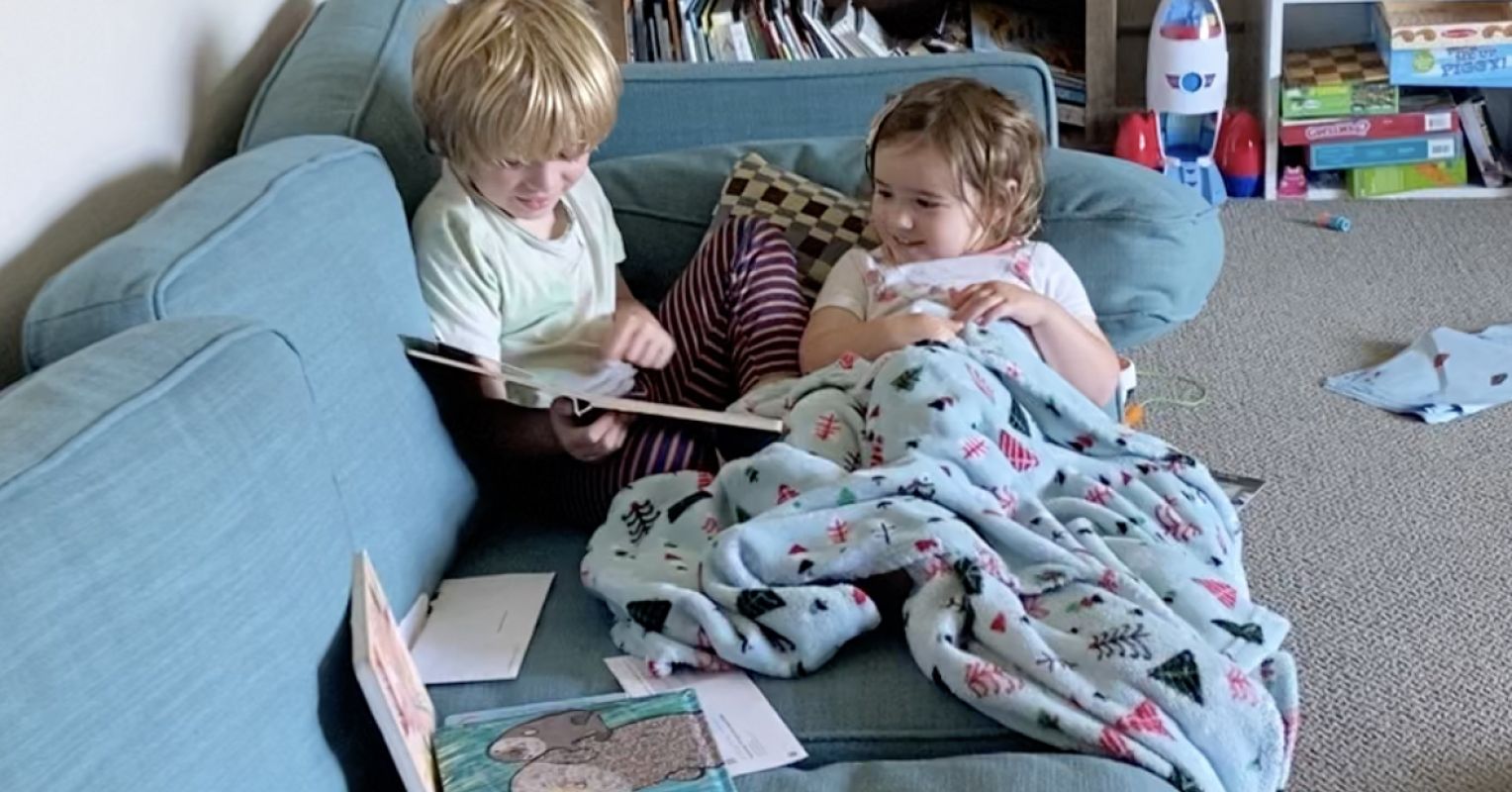
"Providing opportunities for children to engage in parent-directed and self-selected play can support this rapid phase of synaptic growth for boosted cognitive development and emotional maturity."
"Problem-solving play, especially linked to personally relevant goals and interests of your child, can encourage creativity and help develop their problem-solving skills significantly."
Preschool years are crucial for brain development, with a child's brain reaching about 90 percent of adult size by age five. Rapid synaptic connections are formed during early childhood, significantly influenced by play. Providing opportunities for both parent-directed and self-selected play fosters cognitive growth and emotional maturity. Problem-solving play should be tied to the child's relevant goals and interests, utilizing creative materials and activities. Encouraging children to make music, movement, and art also enhances their learning experiences, allowing them to engage deeply with topics of interest.
Read at Psychology Today
Unable to calculate read time
Collection
[
|
...
]